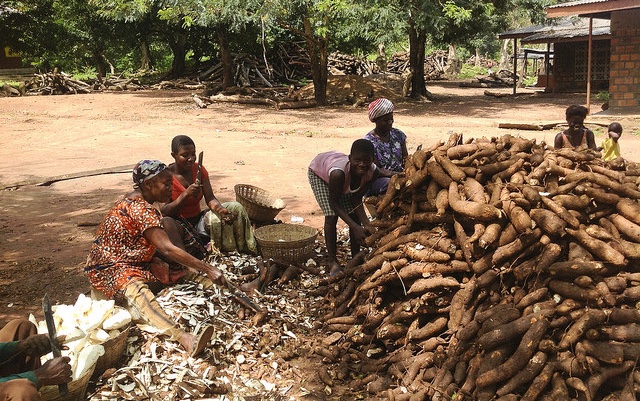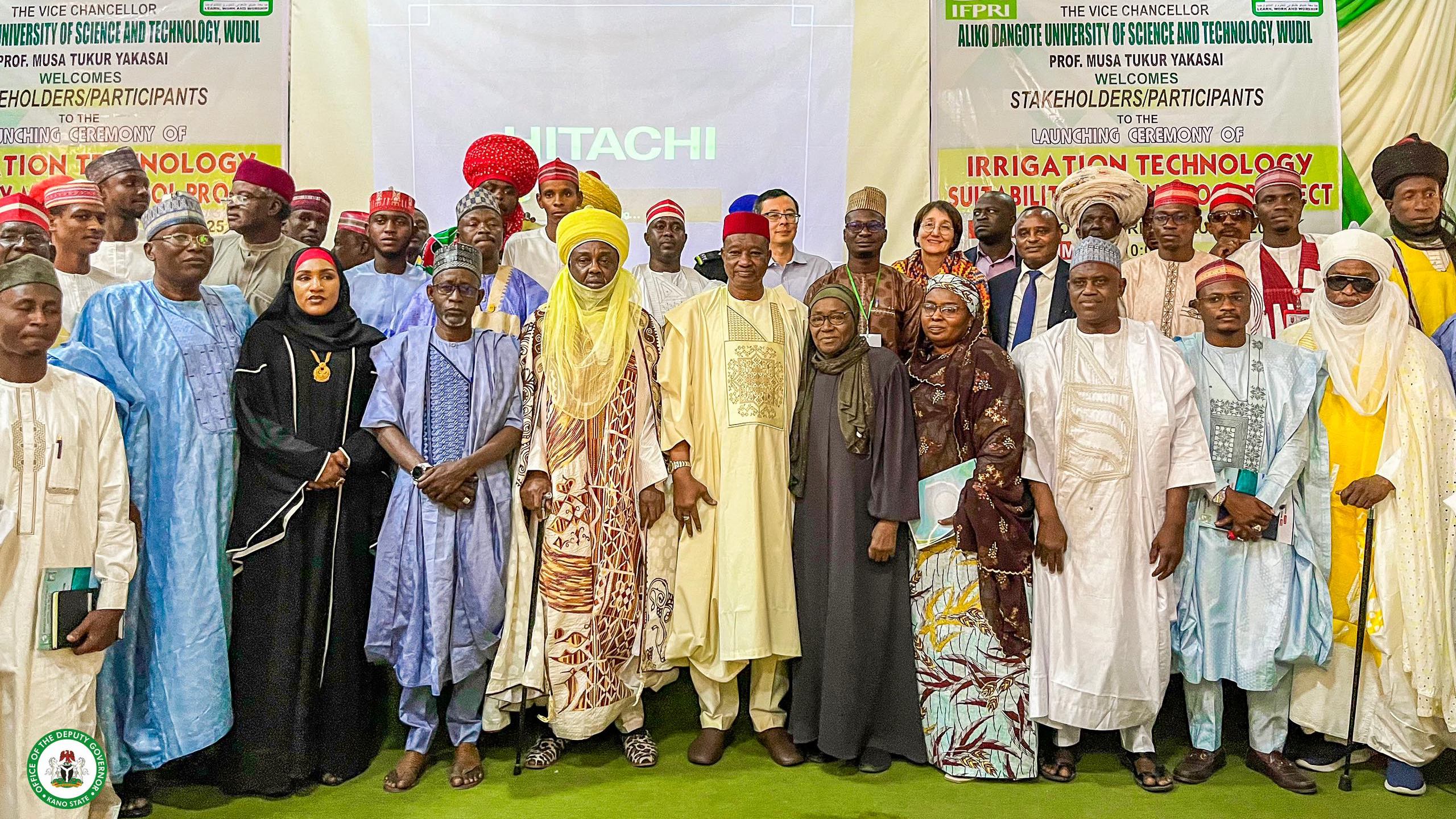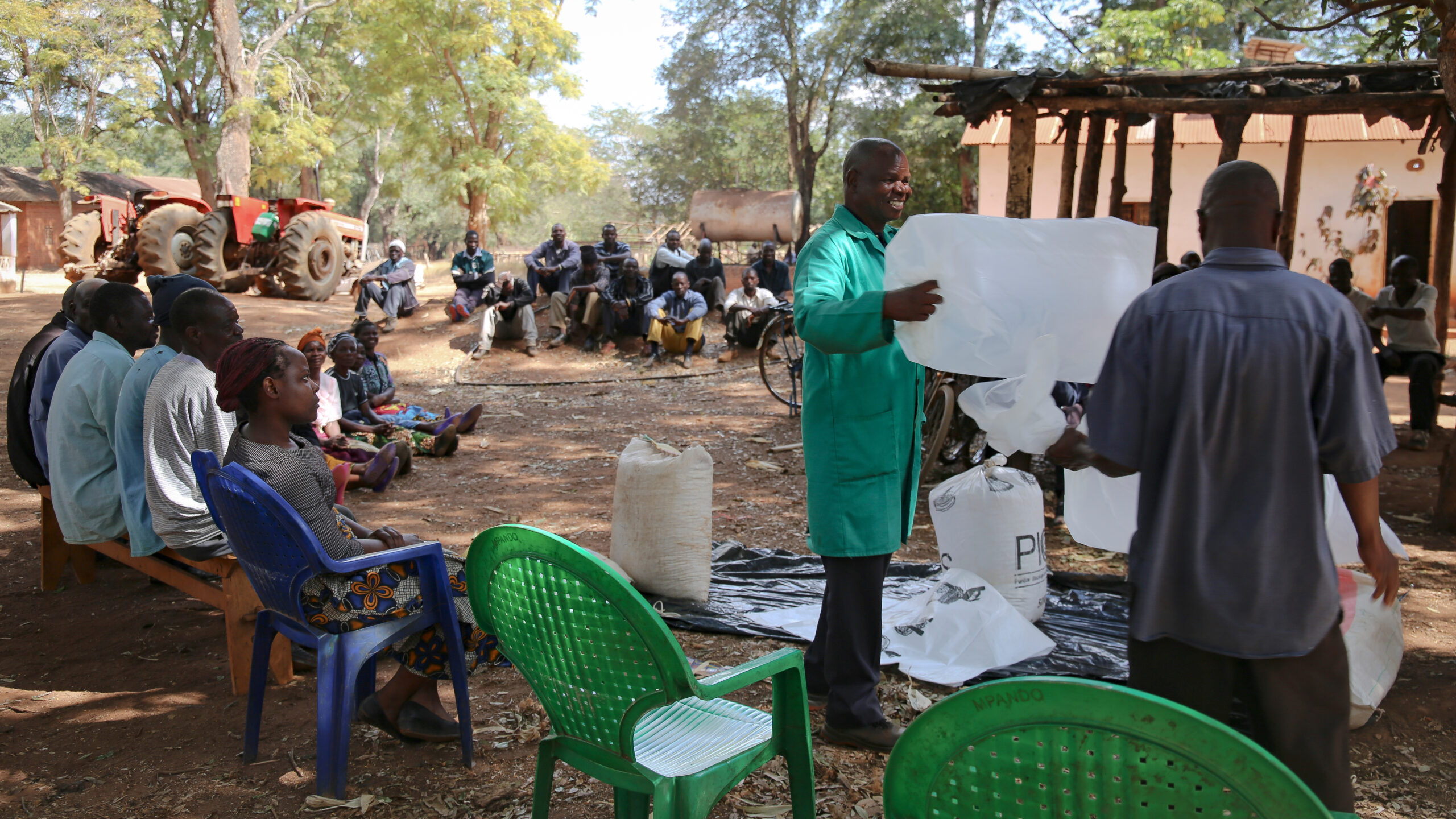The news from Africa is often about places where people are facing food shortages. However, while hunger and malnutrition are still clearly major problems, research from the Malabo Montpellier Panel shows that several countries are starting to win the battle for better nutrition outcomes.
Senegal, Ghana, Rwanda, Angola, Cameroon, Togo, and Ethiopia have all reduced malnutrition levels significantly over the last 15 years, some by as much as 50 percent. Our new report, Nourished: How Africa Can Build A Future Free From Hunger and Malnutrition, analyzes what lies behind their success. In each case, the government has developed ways of spotting nutrition problems early on and is implementing cutting edge programs, at scale, to prevent people reaching crisis point. Many are also developing policies that mean their health, nutrition and agriculture ministries have to work closely together—and this is yielding results.
While there is still much to do, especially in drought- and conflict-affected areas, this progress, driven by a systematic combination of political, policy, and programmatic actions, shows that the goals laid out in the Malabo Declaration are achievable. Here we summarize five key lessons that these countries’ successes can teach all of us working on agriculture and food security:
- Adopt and prioritize a comprehensive, cross-department nutrition policy. Governments need to take a multi-pronged approach to tackling malnutrition, with clear high-level leadership and the involvement of a range of ministries, including agriculture, health, education, and water and sanitation. In Senegal, the Cellule de Lutte Contre la Malnutrition (CLM; Fight Against Malnutrition Office) sits within the Prime Minister’s office and provides technical assistance to define, coordinate and implement the national nutrition policy, while in Ghana the ministries of health, education, and agriculture work closely together on programs that have seen stunting rates plummet, breastfeeding increase, and children’s protein intakes grow.
- Promote broad partnerships to pursue shared goals. Strong public, private partnerships and cooperation with civil society organizations are needed to deliver on governments’ nutrition targets. The committee that implements and coordinates Rwanda’s National Food and Nutrition Policy includes government ministries, NGOs, the Rwanda Bureau of Standards, the Rwandan Consumers Association, the Private Sector Federation, and the national nutrition technical working group. Similarly, the the National Nutrition Coordination Body (NNCB) in Ethiopia includes government sectors, development partners, civil society organizations, academia, and the private sector.
- Move from reacting to food emergencies to long-term planning. Anticipating and acting to prevent food crises before they occur is vital for reducing malnutrition. After years of crisis responses in Angola, efforts to get ahead of the malnutrition curve are starting to bear fruit. Two thousand community health workers have been trained to detect and respond to early signs of malnutrition. If a health worker comes across a child with an arm circumference below the safe measurement, they get them supplementary food before they become severely malnourished. The health workers also have access to vitamins and supplements for children and pregnant women, and training in breastfeeding support for new mothers. The country’s HIV/AIDS programs also now include a nutrition element: Provision of food supplements to orphans.
- Make it easier for people to access more nutritious food. Malnutrition can be caused by eating poor quality food, which is low in nutrients. Policies that encourage people to grow and eat more nutritious foods can help. For example, a mandatory food fortification program in Cameroon resulted in a lower prevalence of micronutrient deficiencies in women and children. Togo also has fortification legislation, which has ensured that more nutrient-rich foods, such as oils enriched with vitamin A, are made available to consumers. Over 130 varieties of biofortified crops have been released in more than 30 African countries, including zinc-rich rice and wheat, and lentils and sorghum fortified with iron. This could be scaled up for greater results.
- Harness the power of technology. Technology, including the boom in mobile phone coverage and ownership in Africa, offers immense opportunities for tracking, monitoring and interacting with people who are tackling, or at risk of experiencing, malnutrition. Innovative projects such as the Nutrition Early Warning System (NEWS), being developed by the International Center for Tropical Agriculture (CIAT), and the mobile apps that enable community health workers to register and refer patients, remind people of check-ups, and or send them information, have the potential to be low-cost and high-impact.
Overall, the lesson these countries teach us is that with concerted effort and a commitment to learning from each other and sharing best practices, reducing malnutrition and achieving the Malabo targets and other sustainable development goals is possible. That should be an inspiration to us all.
Ousmane Badiane is IFPRI’s Africa Director; Joachim von Braun is Director of the Center for Development Research (ZEF) at the University of Bonn. They are co-chairs of the Malabo Montpellier Panel. This post first appeared on the Malabo Montpellier blog.







